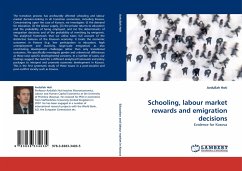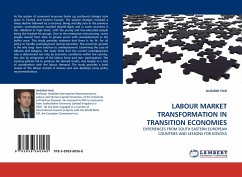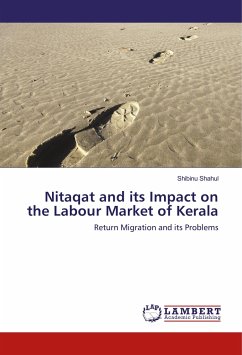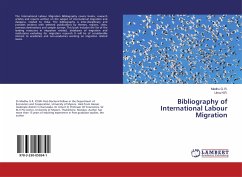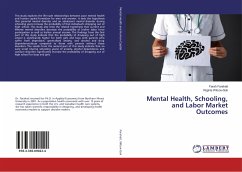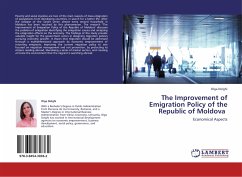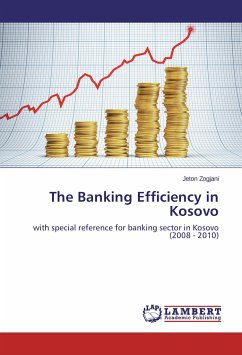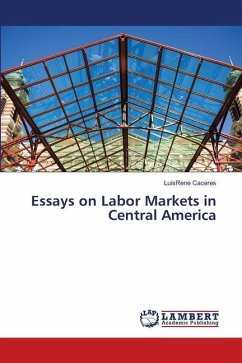The transition process has profoundly affected schooling and labour market decision-making in all transition economies, including Kosova. Concentrating upon the case of Kosova, we investigate: (i) the demand for education, (ii) the labour supply, (iii) the private returns to education and the probability of being employed, and (iv) the determinants of emigration decisions and of the probability of remitting by emigrants. The analytical framework that we utilise takes full account of the distinctive features of the Kosovan economy. It treats the economic outcomes in Kosova (e.g. low participation in education, high unemployment and inactivity, large-scale emigration) as also constituting development challenges rather than only transitional outcomes. We specifically investigate gender and urban/rural differences as these raise specific developmental concerns. In a number of cases, our findings suggest the need for a different analytical framework and policy packages to interpret and promote economic development in Kosova. This is the first systematic study of these issues in a post-socialist and post-conflict society such as Kosova.

